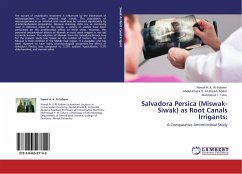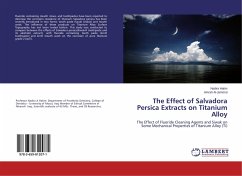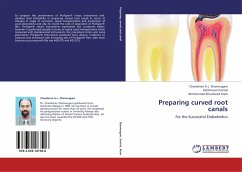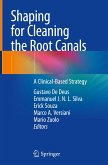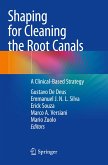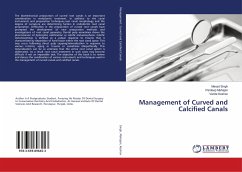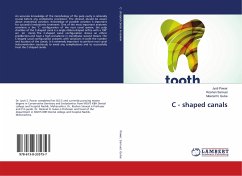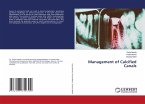The success of endodontic treatment is influenced by the elimination of microorganisms in the infected root canals. The population of microorganisms in an infected root canal may be reduced significantly by chemomechanical preparation. Because chewing sticks are so commonly used in different areas of the world, a variety of studies have been performed on the antimicrobial effect of these sticks. However, the potential antimicrobial effects of Miswak as root canal irrigant is not yet currently known. The selection of Miswak from the Salvadora Persica tree for the present study was based on the number of factors: the use of Miswak is most common in the Middle East region, it is available, and has been reported to have many pharmacological properties.The effect of Salvadora Persica was compared to 5.25% sodium hypochlorite, 0.2% chlorhexidine, and normal saline.
Bitte wählen Sie Ihr Anliegen aus.
Rechnungen
Retourenschein anfordern
Bestellstatus
Storno

